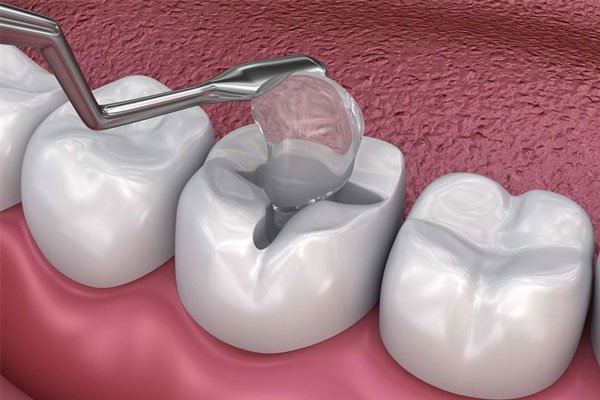Dental Fillings

Types of Dental Fillings:
There are several types of dental fillings, each with its own set of advantages and considerations:
Amalgam Fillings: These are made from a mixture of metals, including silver, mercury, tin, and copper. Amalgam fillings are durable and cost-effective, making them a popular choice for restoring back teeth where chewing forces are greatest. However, their silver color may be less aesthetically pleasing, especially for visible teeth.
Composite Fillings: Composite fillings are made of a tooth-colored resin material that can be matched to the shade of your natural teeth. They are ideal for restoring front teeth or other visible areas, as they blend seamlessly with the surrounding tooth structure. Composite fillings also bond directly to the tooth, providing added support and reducing the risk of fractures.
Ceramic Fillings: Ceramic fillings, also known as porcelain fillings, are crafted from high-quality dental ceramics that closely resemble natural tooth enamel. They offer excellent durability and aesthetic appeal, making them a popular choice for both front and back teeth. Ceramic fillings are highly resistant to staining and can withstand chewing forces without wearing down over time.
Glass Ionomer Fillings: These fillings are made from a mixture of acrylic and glass powders and are commonly used for small fillings or in areas with less stress from chewing. While not as durable as other types of fillings, glass ionomer fillings release fluoride, which can help prevent further decay and strengthen surrounding tooth structure.
